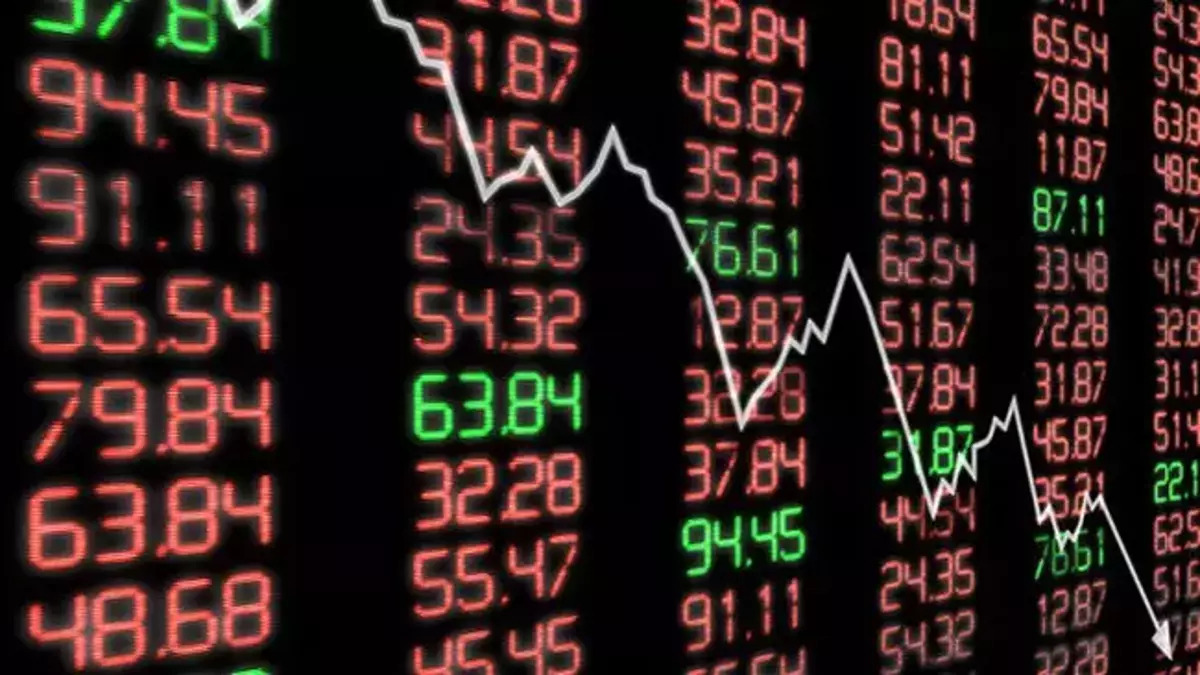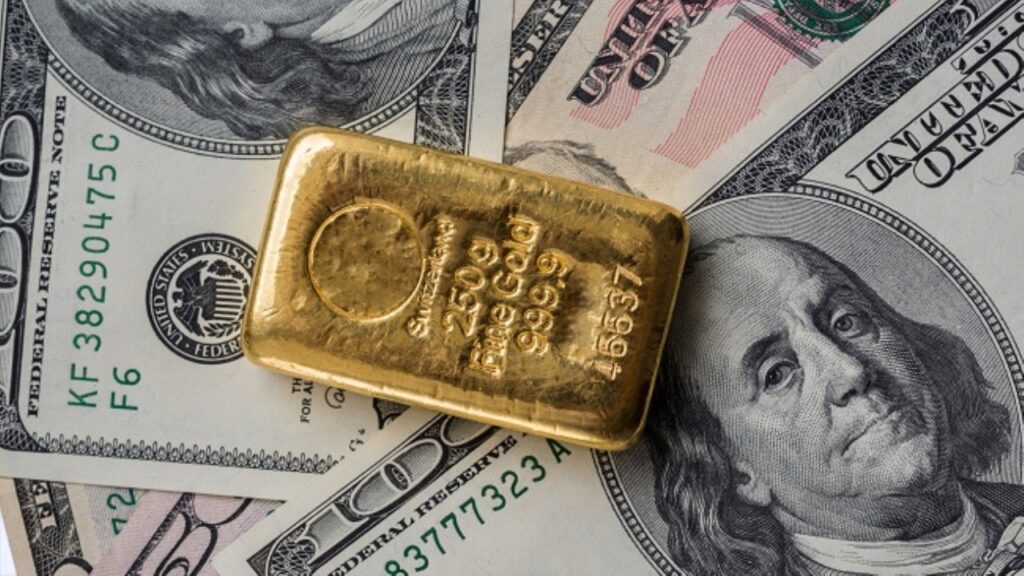According to analysts, it is of great importance whether the Federal Reserve will pause in June. However, the debt ceiling debate is likely the primary near-term catalyst for the gold price.
Potential catalyst for gold price lies in debt ceiling debate
Allison Enck, senior partner at RBC Capital Markets, said in a note, “It is really monetary policy and the Fed’s path that will determine the medium and long-term price implications for gold. But growing concern about the debt ceiling is the near-term catalyst to watch.” Aside from the debt ceiling issue, gold is likely to remain range-bound. Enck comments:
The main near-term potential catalyst for a move higher lies in the debt ceiling debate. Even assuming that an agreement is finally reached, we do not rule out potential financial anxiety, which increases as the deadline approaches.
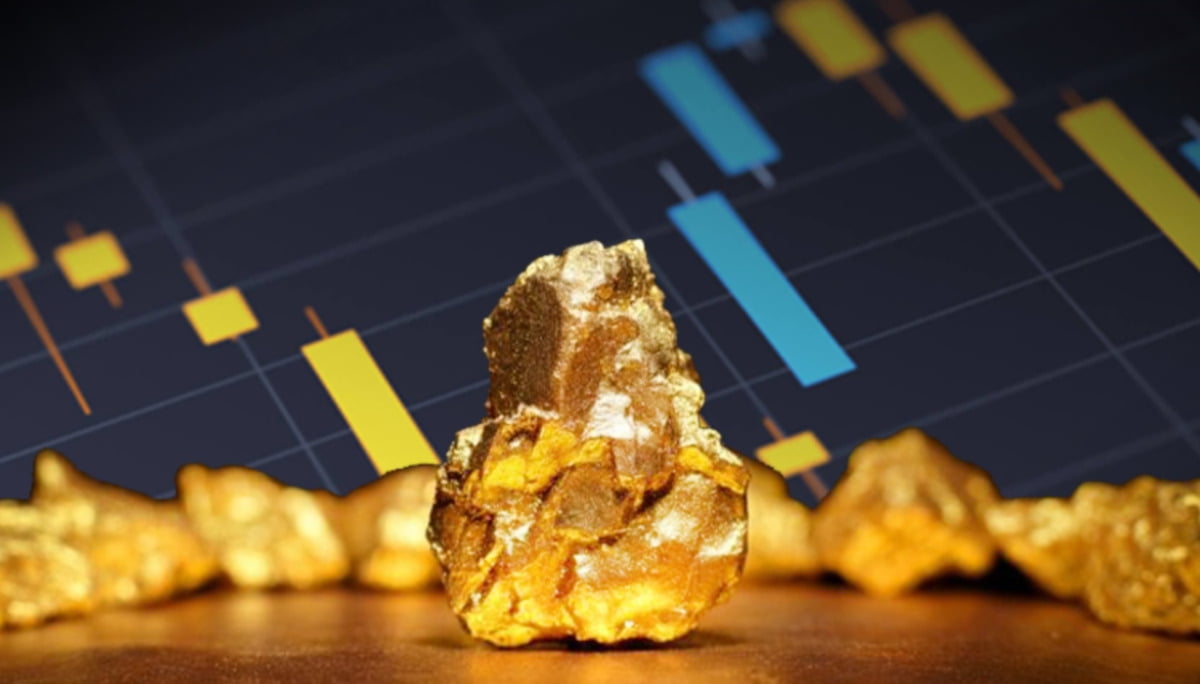
According to Allison Enck, gold will rise. Because it’s one of the few assets that will see additional flows as investors seek a hedge. In this context, Enck makes the following statement:
A final solution means such streams will be short-lived. However, we believe that gold is the best hedge in the near term. Also, it may eventually normalize, at least close to our high scenario.
The US debt ceiling crisis continues!
cryptocoin.com As you follow, the gold market tested record levels at the beginning of May. It has since lost more than $100 in value. The factor that brought the price down was the more resilient US macro data, the rise in the dollar and the decrease in year-end rate cut expectations. There are only ten days left until June 1, called date X, when the US may run out of money to pay its bills.
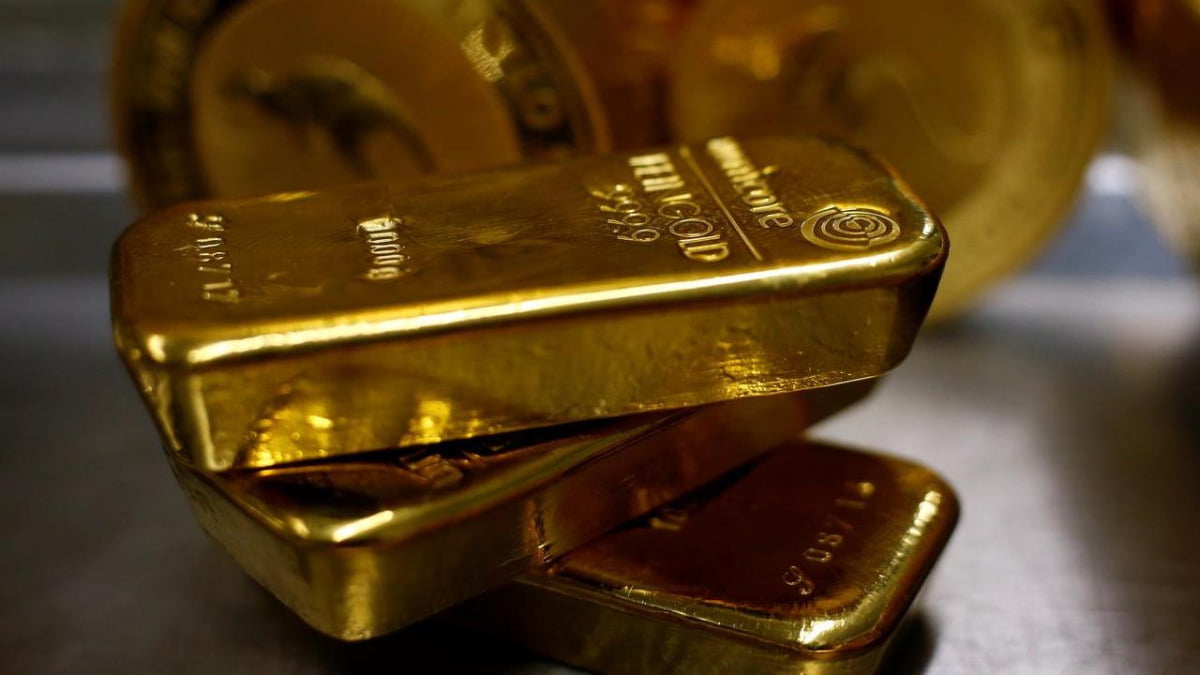
But adding some optimism earlier in the week was a meeting Monday between US President Joe Biden and Speaker of the House of Representatives Kevin McCarthy to discuss raising the $31.4 trillion debt limit. There has been uncertainty over the past few days as talks stalled on Friday but resumed on Sunday between the leaders’ select negotiators. Over the weekend, Biden called McCarthy from Air Force One. McCarthy told reporters that the meeting was “productive”, while Biden said “it went well”.
US Treasury Secretary Janet Yellen on Sunday added to the urgency of the situation by noting that the US will not be able to pay its bills until mid-June if the debt ceiling is not raised. This week is the last full week for Democrats and Republicans to reach a deal and get it through the Senate and House before June 1.
TD Securities, new cycle highs for gold pricewaiting
According to strategists, discretionary investors are increasingly underestimating their capital accumulations. Strategists say debt-ceiling optimism and resilient data helped triple top formation, while money managers liquidated some gold positions and added shorts. Still, they note that their analysis of positioning shows that sell-out is imminent. From this point of view, strategists make the following assessment:
We anticipate a high bar for subsequent CTA trend follower liquidations. However, discretionary traders continue to underinvest. Also, Shanghai started adding traders to their positions once again. As expectations grow that the Fed will enter a deeper cycle of cuts, discretionary investors will increasingly undervalue their capital stocks, supporting new cycle highs before the end of the year.
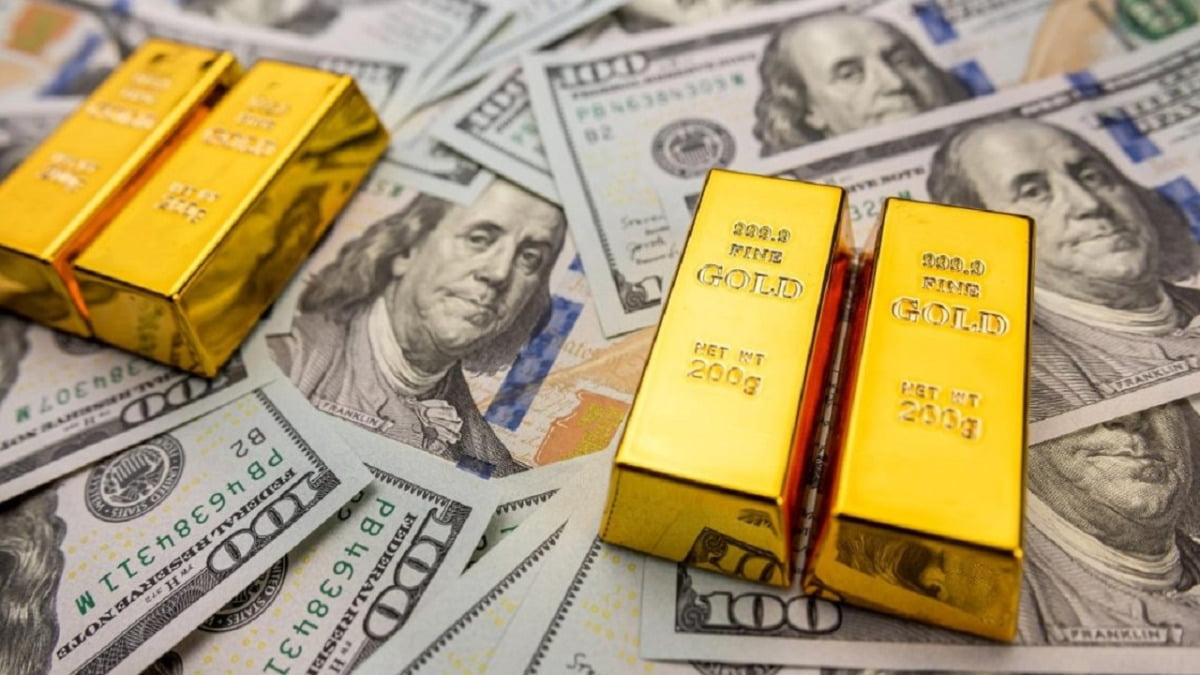
What if the US debt ceiling is not raised?
There are only weeks left before the US government reaches its borrowing limit. Also, no consensus has yet been reached in Congress. UBS economists analyze how the market will be affected if no deal is reached. As a result, economists make the following statement:
In terms of market impact, we expect the S&P 500 to fall by more than 10% quickly in this scenario as markets reprice the growth outlook and increased systemic risks. But if market turmoil forces Congress to reach a deal, it could recoup a meaningful portion of that loss.
Economists predict that longer-term Treasuries will initially sell in response to any default. But economists also expect it to bounce back later, with markets pricing in the growing possibility of a recession. Moving from here, economists say, “The default and subsequent Fed intervention will likely devalue the US Dollar. As with previous debt ceiling stalemates, we expect gold to be favored by the market,” he concludes.





